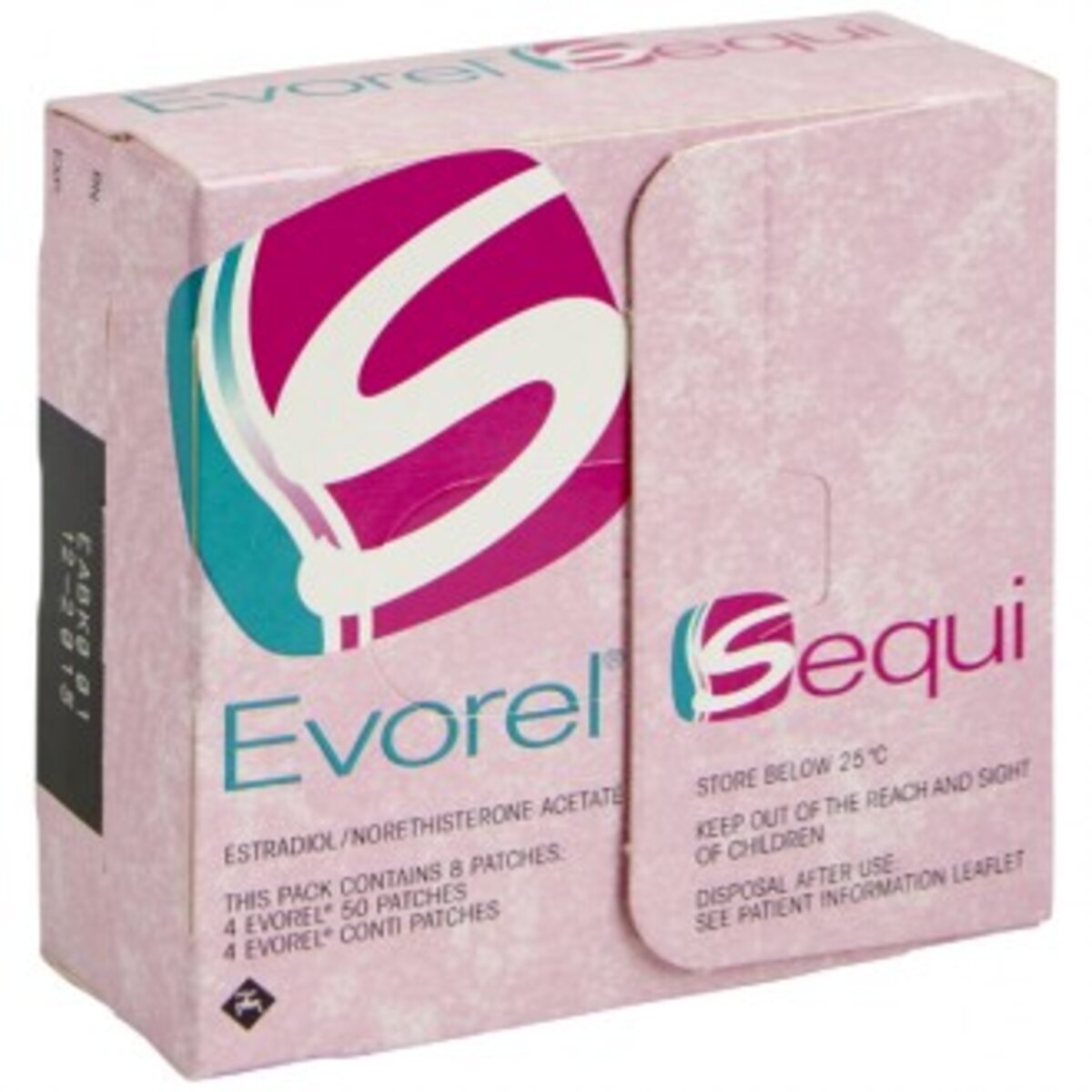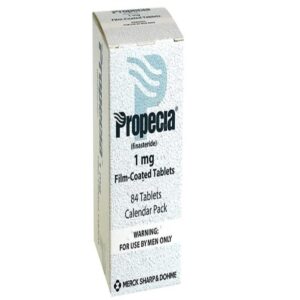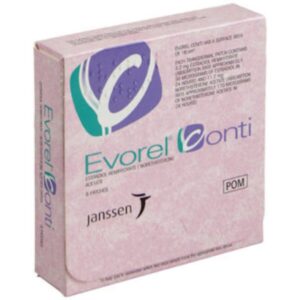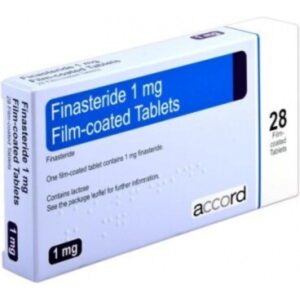- You are allergic to anything in the patches (listed in section 7 below)
- You have (or have ever had) or think you may have breast cancer
- You have (or are suspected of having) or ever had a cancer that is made worse by oestrogens (such as endometrial cancer)
- You have a thickening of the lining of the womb which has not been treated (endometrial hyperplasia)
- You have vaginal bleeding you cannot explain
- You have ever had blood clots in a vein (thrombosis) such as in the legs (deep vein thrombosis) or a blood clot that has travelled to your lung (pulmonary embolism)
- You have problems with your blood which increases the likelihood of developing a blood clot (thrombosis) (such as protein C, protein S or antithrombin deficiency)
- You have ever had blocked arteries (arterial thrombo-embolic disease) that gave you angina or a heart attack or a stroke
- You have (or have ever had) a liver disease and your liver function tests have not returned to normal
- You have a blood problem called “porphyria”
Do not use this medicine if any of the above applies to you. If you are not sure, talk to your doctor or pharmacist before using Evorel Sequi.
Stop using Evorel Sequi at once if any of the above appears for the first time and talk to your doctor immediately.
Evorel Sequi should not be used by children.
Before taking HRT, your doctor should ask about you and your family’s medical history. Your doctor may decide to examine your breasts or your tummy and may do an internal examination. They will only do this if it is necessary for you or if you have any special concerns.
Once you have started on HRT, see your doctor for regular check-ups (at least once a year). At these check-ups, your doctor may discuss the benefits and risks of continuing to take HRT.
- Go for regular breast screening and cervical smear tests
- Regularly check your breasts for any changes such as dimpling of the skin, changes in the nipple or any lumps you can see or feel
Tell your doctor if you have ever had any of the following. You may need to have checks more often.
- Vaginal bleeding which you could not explain
- A problem caused by growth of the womb lining:
- Inside the womb (fibroids)
- Outside the womb (endometriosis)
- Thickening of the lining of the womb (endometrial hyperplasia)
- Increased risk of blood clots (see ‘Blood clots’ in section 3 below)
- A family history of increased risk of cancers related to oestrogens (see ‘Breast cancer’ in section 3 below) such as having a mother, sister or grandmother who has had breast cancer
- High blood pressure (hypertension). Your doctor may tell you to stop using Evorel Sequi if your blood pressure goes up
- Diabetes
- Gallstones
- Migraine or severe headaches
- Systemic lupus erythematosus (SLE). This is an allergic condition that causes joint pain, skin rashes and fever
- Epilepsy
- Asthma
- A disease affecting the eardrum and hearing (otosclerosis)
- A liver disorder, such a s a benign liver tumour
- Fluid retention due to heart or kidney problems
- High levels of fat (triglycerides) in your blood as you may have a higher risk of pancreatitis (inflammation of the pancreas, which causes severe pain in the abdomen and back)
- Any breast problems
- History of sudden swelling of the face or throat, which may cause difficulty in swallowing or breathing, rapid swelling of the hands and feet and stomach cramps
- Thyroid problems
You may still be able to use Evorel Sequi, but you should discuss this with your doctor first. Also tell your doctor if these illnesses return or get worse while you are using Evorel Sequi.
If you have had a premature menopause the risk of using HRT may be different. Talk to your doctor about the risks.
If you notice any of the following when using Evorel Sequi
- If you have brown patches on your face or body (chloasma) or have a history of them, you may need to keep out of the sun or away from sunbeds (these patches may not completely disappear again)
Tell your doctor or pharmacist if you are taking, have recently taken or might take any other medicines. This includes medicines that you buy without a prescription or herbal medicines.
In particular, tell your doctor or pharmacist if you are taking any of the following:
- Medicines for epilepsy such as phenobarbital, phenytoin or carbamazepine
- Certain medicines for tuberculosis such as rifampicin or rifabutin
- Medicines used to treat HIV infection, such as nevirapine, efavirenz, ritonavir or nelfinavir
- Medicine for Hepatitis C infection, telaprevir
- Bosentan – for high blood pressure in the blood vessels of the lungs
- St. John’s Wort – for depression
Taking these medicines with Evorel Sequi can stop it from working as well. Because of this you may get some bleeding like a period, when you are not expecting it.
- A medicine for epilepsy called lamotrigine. Using Evorel Sequi with lamotrigine could affect control of your epilepsy
Tell your doctor if you are going to have surgery. You may need to stop taking HRT about 4 to 6 weeks before the operation to reduce the risk of a blood clot. Your doctor will tell you when you can start taking HRT again.
If you visit a hospital or your family doctor for a blood or urine test, tell them that you are taking Evorel Sequi. This is because this medicine may affect the results of the tests.
Do not use this medicine if you are pregnant, think you may be pregnant or might become pregnant. This is because it may affect the baby. If you become pregnant, contact your doctor straight away and remove the patch.
Do not use this medicine if you are breast-feeding.
Ask your doctor or pharmacist for advice before taking any medicine if you are pregnant or breast-feeding.
There is no information about whether Evorel Sequi affects your ability to drive or use machines. See how this medicine affects you before you drive or use any tools or machines.
As well as benefits, HRT has some risks. Consider the following when deciding to take or continue HRT.
Heart disease (heart attack)
HRT is not recommended for women who have had heart disease recently. If you have ever had heart disease, talk to your doctor to see if you should be taking HRT.
HRT will not help to prevent heart disease.
Women over the age of 60 years who use oestrogen-progestogen HRT are slightly more likely to develop heart disease than those not taking any HRT.
If you get a pain in your chest that spreads to your arm and neck:
- See a doctor as soon as possible
- Do not use any more HRT until your doctor says you can
This pain may be a sign of heart disease.
Research suggests that HRT slightly increases the risk of having a stroke.
Other things that can increase the risk of stroke include:
- Getting older
- High blood pressure
- Smoking
- Drinking too much alcohol
- An irregular heartbeat
If you are worried about any of these things or if you have had a stroke in the past, talk to your doctor to see if you should take HRT.
How likely is a stroke?
The risk of getting stroke is about 1.5 times higher in HRT users than in non-users. The number of extra cases of stroke due to use of HRT will increase with age.
Looking at women in their 50s, on average, over 5 years:
- In women not taking HRT – 8 in 1000 would be expected to have a stroke
- In women taking HRT – 11 in 1000 would be expected to have a stroke (an extra 3 cases)
If you get migraine-type headaches which you cannot explain:
- See a doctor as soon as possible
- Do not use any more HRT until your doctor says you can
These headaches may be an early warning sign of a stroke.
HRT is not recommended for women who have ever had a blood clot.
HRT may increase the risk of blood clots in the veins (also called deep vein thrombosis or DVT). The risk of blood clots in the veins is about 1.3 to 3 times higher in HRT users than in non-users, especially during the first year of taking it.
These blood clots are not always serious. However, if a clot travels to the lungs, it can cause chest pain, breathlessness, collapse or even death. This is called pulmonary embolism or PE.
You are more likely to get a blood clot if:
- You are very overweight (BMI > 30 kg/m2)
- You have had a blood clot before
- You are getting older
- You are taking medicine containing an oestrogen
- You have cancer
- You have just had a baby
- Any of your close family have had blood clots
- You have had one or more miscarriages
- You have any blood clotting problem that needs treatment with a medicine such as warfarin
- You are off your feet for a long time because of major surgery, injury or illness
- You are going on a long journey and will not be moving about for some time
- You have a rare illness called SLE (Systemic Lupus Erythematosus)
If any of these things apply to you, talk to your doctor to see if you should take HRT.
How likely is a blood clot?
Looking at women in their 50s, on average, over 5 years:
- In women not taking HRT – between 4 and 7 in 1000 would be expected to get a blood clot
- In women taking oestrogen-progestogen HRT – between 9 and 12 in 1000 would be expected to get a blood clot (an extra 5 cases)
If you get painful swelling in your leg, sudden chest pain or have difficulty breathing:
- See a doctor as soon as possible
- Do not use any more HRT until your doctor says you can
These may be signs of a blood clot.
Breast cancer
- Evidence shows that taking combined oestrogen-progestogen or oestrogen-only hormone replacement therapy (HRT) increases the risk of breast cancer. The extra risk depends on how long you use HRT. The additional risk becomes clear within a 3 years of use. After stopping HRT the extra risk will decrease with time, but the risk may persist for 10 years or more if you have used HRT for more than 5 years.
How likely is breast cancer?
Women aged 50 to 54 who are not taking HRT, on average 13 to 17 in 1000 will be diagnosed with breast cancer, over a 5-year period.
For women aged 50 who start taking oestrogen-only HRT for 5 years, there will be 16-17 cases in 1000 users (i.e. an extra 0 to 3 cases).
For women aged 50 who start taking oestrogen-progestogen HRT for 5 years, there will be 21 in 1000 users (i.e.an extra 4-8 cases)
Women aged 50 to 59 who are not taking HRT, on average, 27 in 1000 will be diagnosed with breast cancer over a 10-year period.
For women aged 50 who start taking oestrogen-only HRT for 10 years, there will be 34 cases in 1000 users (i.e. an extra 7 cases)
For women aged 50 who start taking oestrogen-progestogen HRT for 10 years, there will be 48 cases in 1000 users (i.e. an extra 21 cases).
If you notice any changes in your breast, such as:
- Dimpling of the skin
- Changes in the nipple
- Any lumps you can see or feel
Make an appointment to see your doctor as soon as possible.
Additionally, you are advised to join mammography screening programs when offered to you. For mammography screening, it is important that you inform the nurse/healthcare professional who is actually taking the x-ray that you use HRT, as this medication may increase the density of your breasts which may affect the outcome of the mammogram. Where the density of the breast is increased, mammography may not detect all lumps.
Excessive thickening of the lining of the womb (endometrial hyperplasia) and cancer of the lining of the womb (endometrial cancer)
HRT is not recommended for women who have ever had cancer of the lining of the womb.
Taking oestrogen-only HRT for a long time can increase the risk of cancer of the lining of the womb (the endometrium). Taking a progestogen as well as the oestrogen helps to lower the extra risk.
If you still have your womb, your doctor will usually prescribe a progestogen as well as oestrogen. These may be prescribed separately or as a combined HRT product.
If you have had your womb removed (a hysterectomy), your doctor will discuss with you whether you can safely take oestrogen without a progestogen.
If you have had your womb removed because of endometriosis, any endometrium left in your body may be at risk of cancer. This means your doctor may prescribe HRT that includes a progestogen as well as an oestrogen.
Your product, Evorel Sequi, contains a progestogen. Evorel Sequi is only used in women who still have a womb (see Section 1 ‘What Evorel Sequi is used for’).
Looking at women aged 50 to 65 who still have a womb, on average:
- In women not taking HRT – 5 in 1000 will get endometrial cancer
- In women taking oestrogen-only HRT – between 10 and 60 in1000 will get endometrial cancer (i.e. between 5 and 55 extra cases) depending on the dose and how long you take it for.
The addition of a progestogen to oestrogen-only HRT substantially reduces the risk of endometrial cancer.
If you get breakthrough bleeding or spotting, it is usually nothing to worry about, especially during the first few months of taking HRT.
But if the bleeding or spotting:
- Carries on for more than the first few months
- Starts after you have been on HRT for a while
- Carries on even after you’ve stopped taking HRT
Make an appointment to see your doctor as soon as possible. It could be a sign that your endometrium has become thicker.
Ovarian cancer (cancer of the ovaries) is rare, much rarer than breast cancer. The use of oestrogen-only or combined oestrogen-progestogen HRT has been associated with a slightly increased risk of ovarian cancer. The risk of ovarian cancer varies with age. For example, in women aged 50 to 54 who are not taking HRT, about 2 women in 2000 will be diagnosed with ovarian cancer over a 5-year period. For women who have been taking HRT for 5 years, there will be about 3 cases per 2000 users (i.e. about 1 extra case).
Evorel Sequi and medicines like it will not stop memory loss (dementia). Women who start using medicines like Evorel Sequi after the age of 65 may have a small increase in the risk of dementia.
 +44 (0) 1375 846 316
+44 (0) 1375 846 316




Reviews
There are no reviews yet